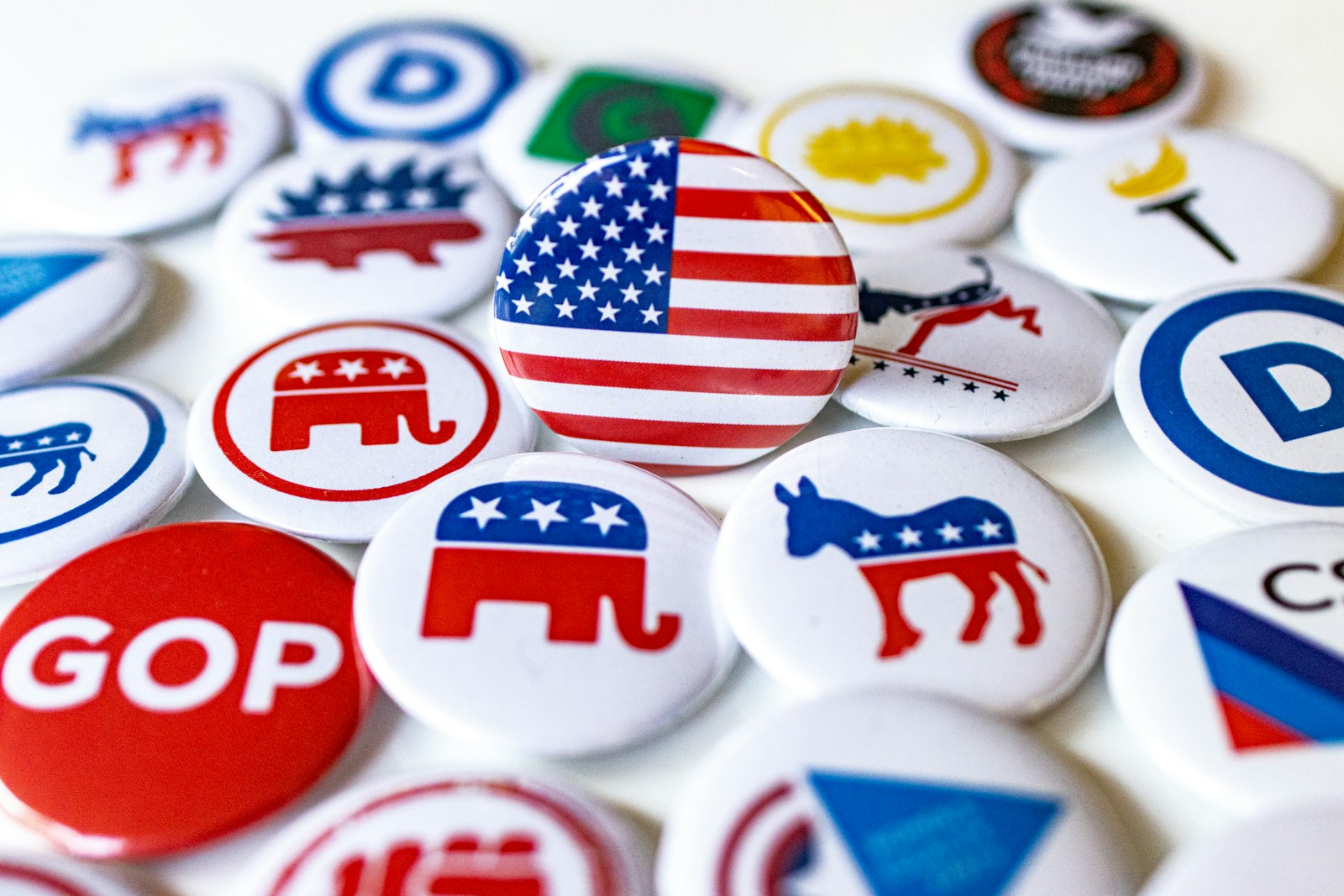Key Takeaways:
- President Trump urged Republicans to back his new spending plan.
- GOP lawmakers felt frustrated by the sudden effort to rebrand the bill.
- Many Republicans worry voters already dislike the proposal’s big name.
- A fresh jobs report showed nearly one million fewer jobs added.
- Tough midterm races and weak job growth heighten GOP concerns.
Why Republicans Worry Over One Big Beautiful Bill
President Trump asked his party to boost support for the One Big Beautiful Bill. Yet many GOP members felt caught off guard. They had spent months criticizing the proposal. Now they must call it a working families law. That change felt sudden and awkward.
Representative Scott Fitzgerald said he found the rebrand hard to sell. He reminded colleagues they hit the bill since January. Consequently, he argued reversing that view would be tough. His words showed clear frustration about this big effort.
Furthermore, the name One Big Beautiful Bill sounds very lofty. Republicans fear voters see it as government overspending. After all, many felt extra taxes or rising debt always follow such packages. Instead of sounding family friendly, the title felt out of touch.
Meanwhile, the White House team worked to fix that image. They pushed terms like “working families law” instead. However, flipping years of criticism in a single meeting felt unrealistic. As a result, many GOP officials left Tuesday’s talk uneasy.
How One Big Beautiful Bill Faces Rough Waters
Senator Kevin Cramer warned of election headwinds tied to everyday struggles. He noted that official numbers matter less than how people feel. For example, some farmers he spoke with fear they will lose income. Those concerns shape voter mood more than budget details.
Additionally, a new jobs report cut almost one million jobs from last year’s tally. The Bureau of Labor Statistics dropped data after revising payroll counts. That revision marked the largest downward change in U.S. history. So, with a weaker labor market, lawmakers face tougher messaging.
Moreover, when citizens feel financial stress, they blame big laws more. If the One Big Beautiful Bill looks like another costly plan, voters may reject it. Thus, Republicans see a risk that the bill will hurt them in midterms.
Also, reporters asked GOP members if they could sell this bill to swing voters. Some said they feared blowback in suburban areas. Others worried about low-income districts seeing little benefit. Such division shows how strained the party feels.
Consequently, party leaders must balance backing the president with voter moods. They know that simply renaming a bill will not win trust. Instead, they may need local examples showing real benefits. Still, with midterms just over a year away, time is short.
What Happens Next?
Republican leaders will hold more strategy meetings in coming weeks. They will craft talking points to highlight popular bill parts. For instance, they might stress childcare help or tax credits. They hope these details outshine critics who called the One Big Beautiful Bill wasteful.
Moreover, aides plan to meet with community groups and small businesses. They want real stories of how the bill could ease costs. At the same time, they face pressure to avoid giving opponents fresh attacks. Every message must feel clear and honest.
In addition, some GOP lawmakers may push for amendments. They could ask to trim spending or add oversight measures. That step could ease public fears about unchecked costs. However, it might also slow the bill’s passage and weaken party unity.
Overall, Republicans find themselves in a tricky spot. They want to support President Trump but fear voter backlash. As they refine their pitch for the One Big Beautiful Bill, they juggle politics and policy. The coming months will test their ability to sell a bill they once criticized.
Frequently Asked Questions
What is the One Big Beautiful Bill?
The One Big Beautiful Bill is a major spending plan proposed by President Trump. It aims to fund social programs like childcare assistance and tax breaks for working families. Lawmakers have debated its size and costs since early this year.
Why do Republicans feel frustrated?
GOP members feel frustrated because they spent months attacking the bill. Now they must promote it under a new name. This sudden shift created tension and doubts about the plan’s chances.
How do job data revisions affect politics?
The latest report cut nearly one million jobs from past figures. A weaker labor market makes voters worry about their finances. That concern can sway opinions on big spending bills and midterm races.
What comes next for this proposal?
Republicans plan more meetings to refine their message. They may highlight popular parts or suggest changes to reduce costs. With elections approaching, they need to persuade voters that the plan offers real benefits.
